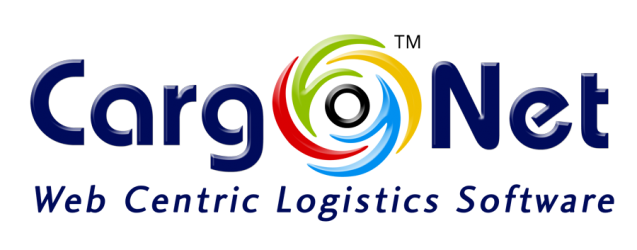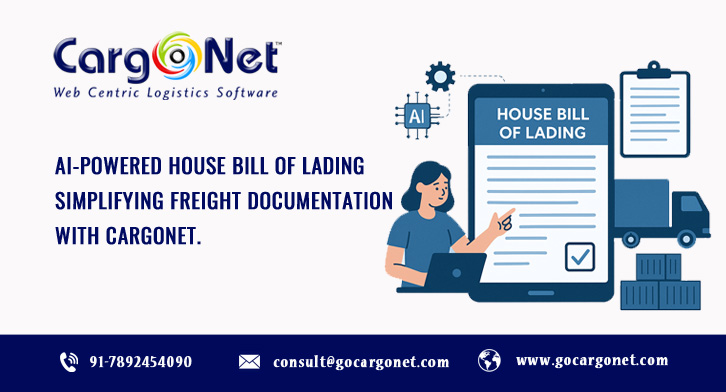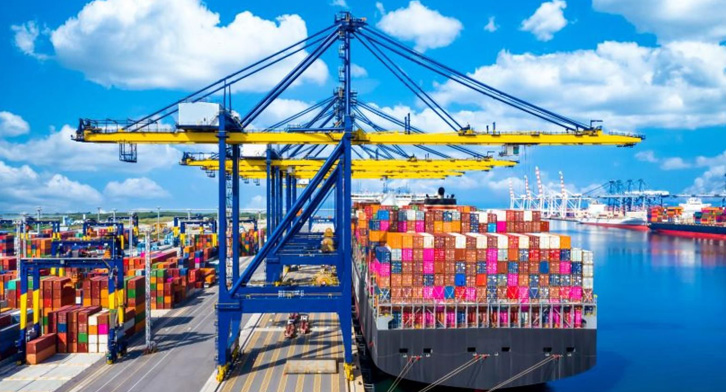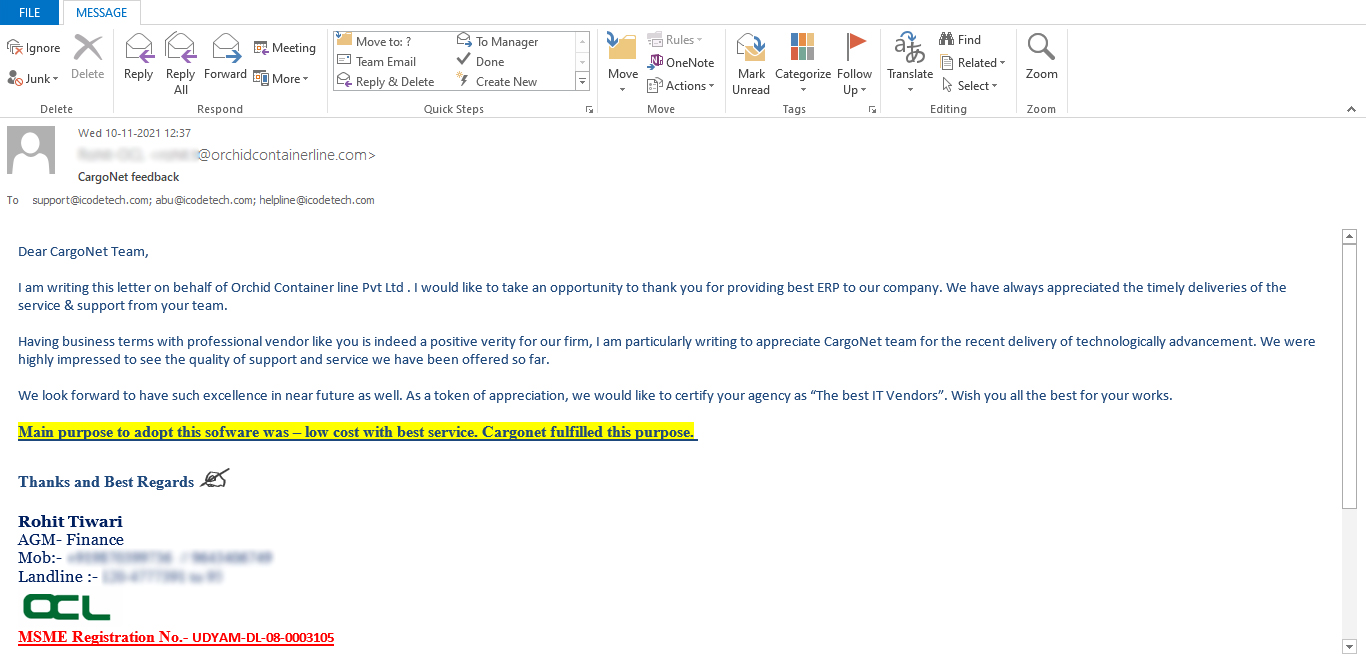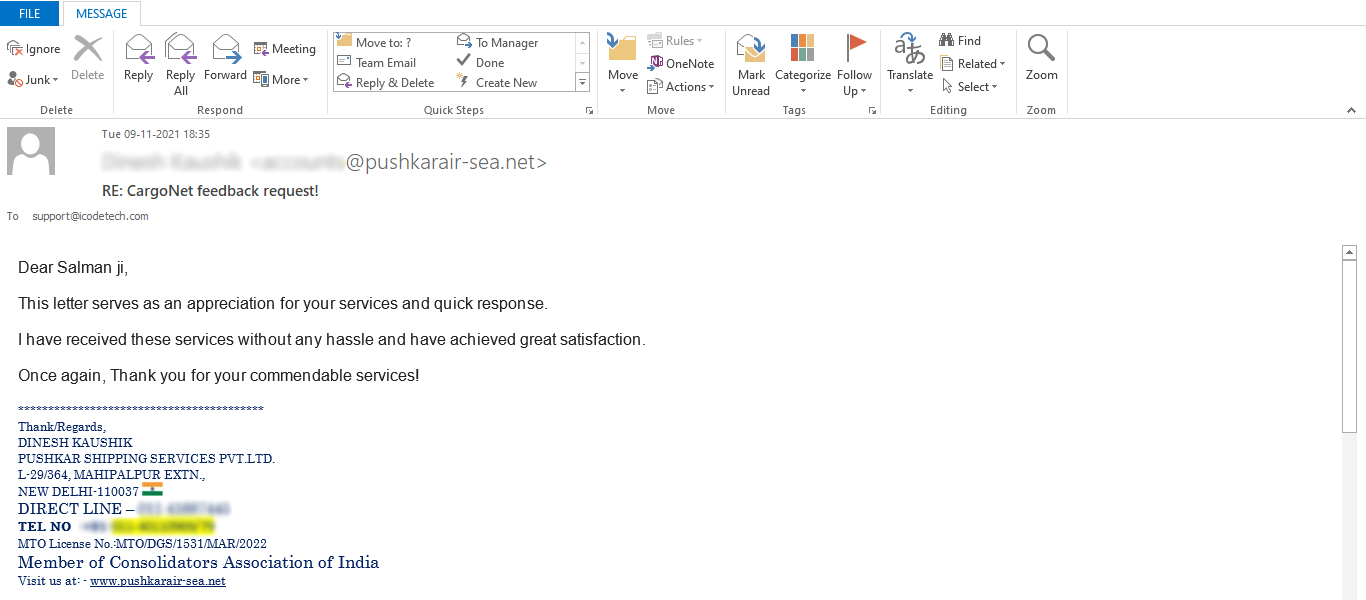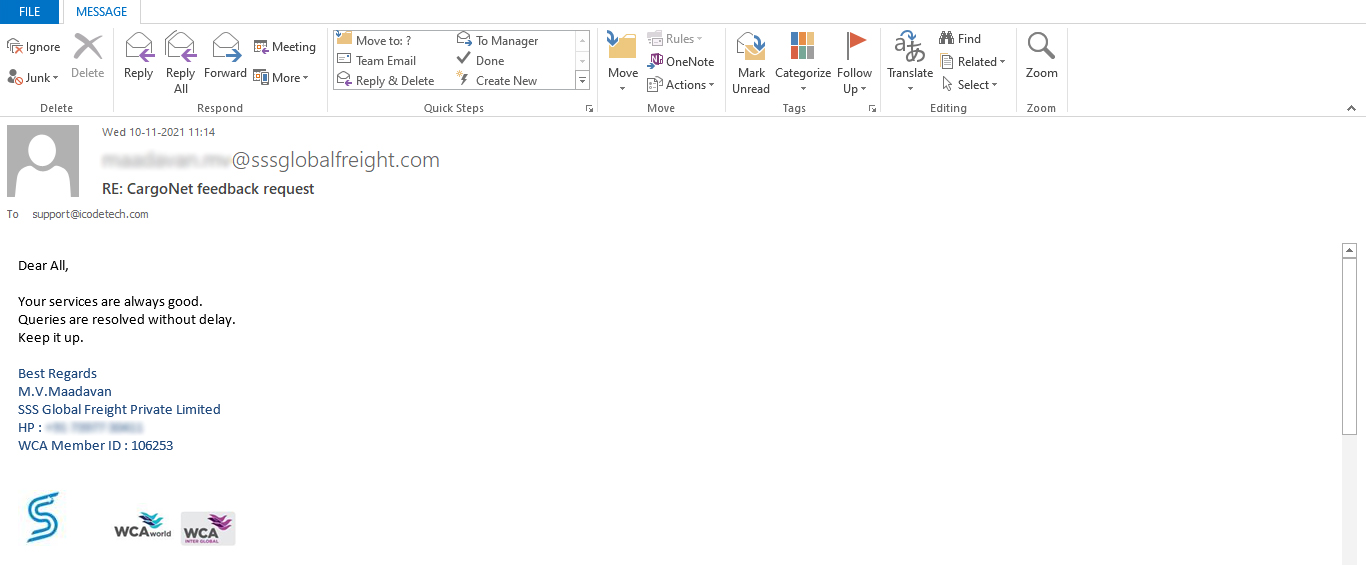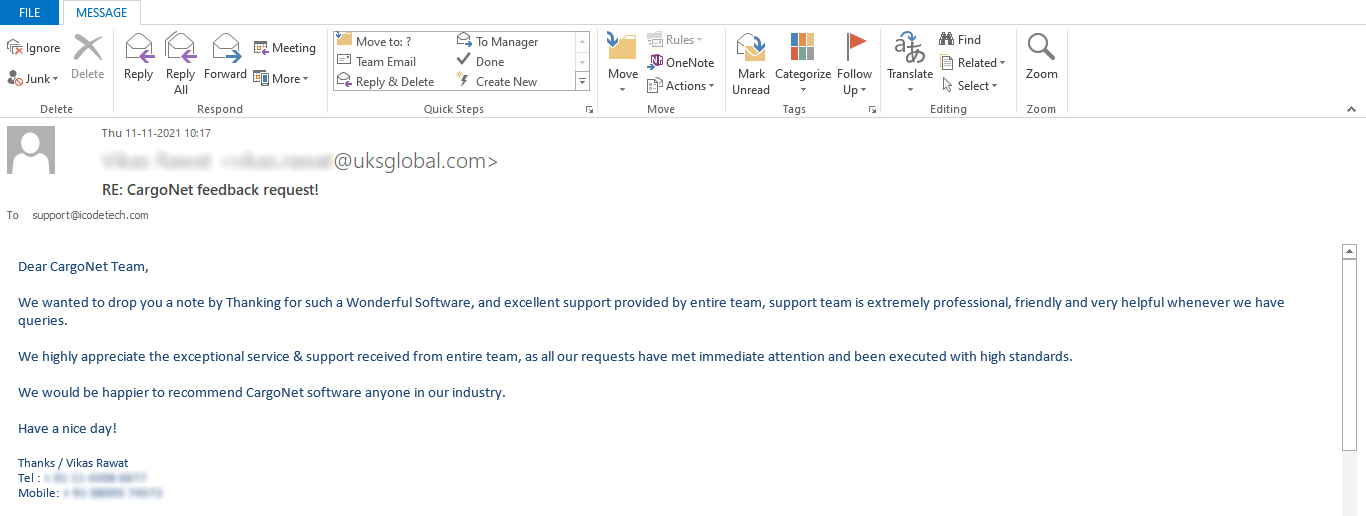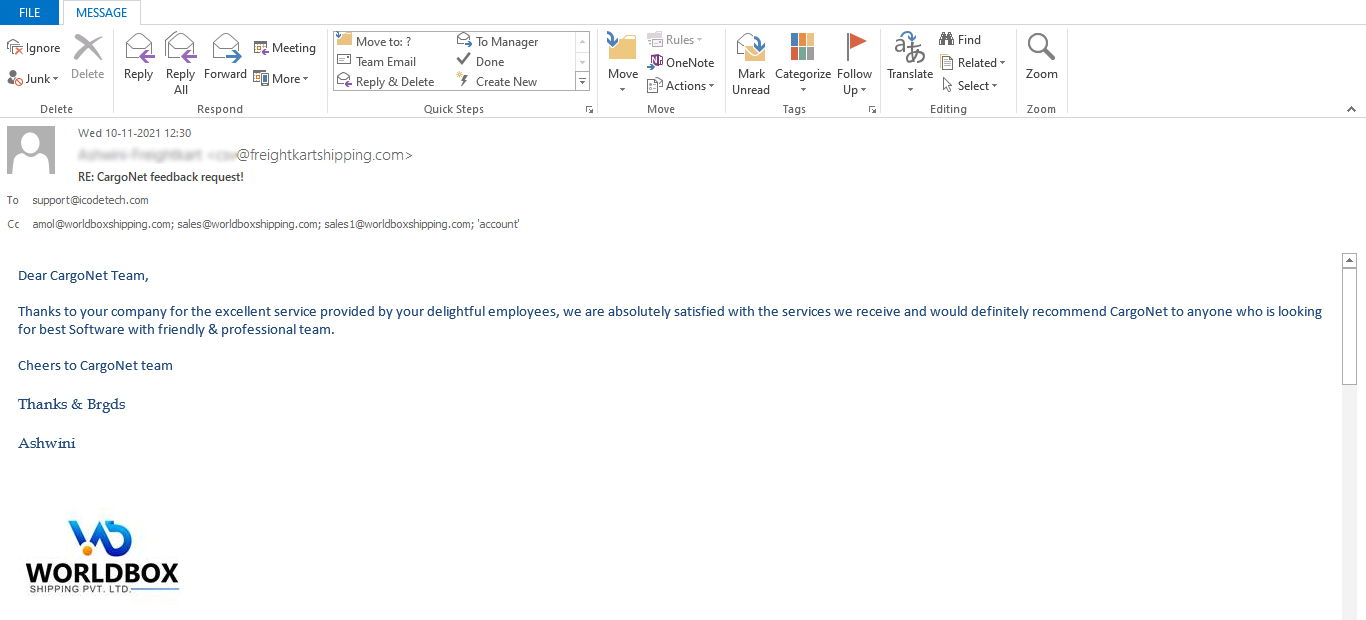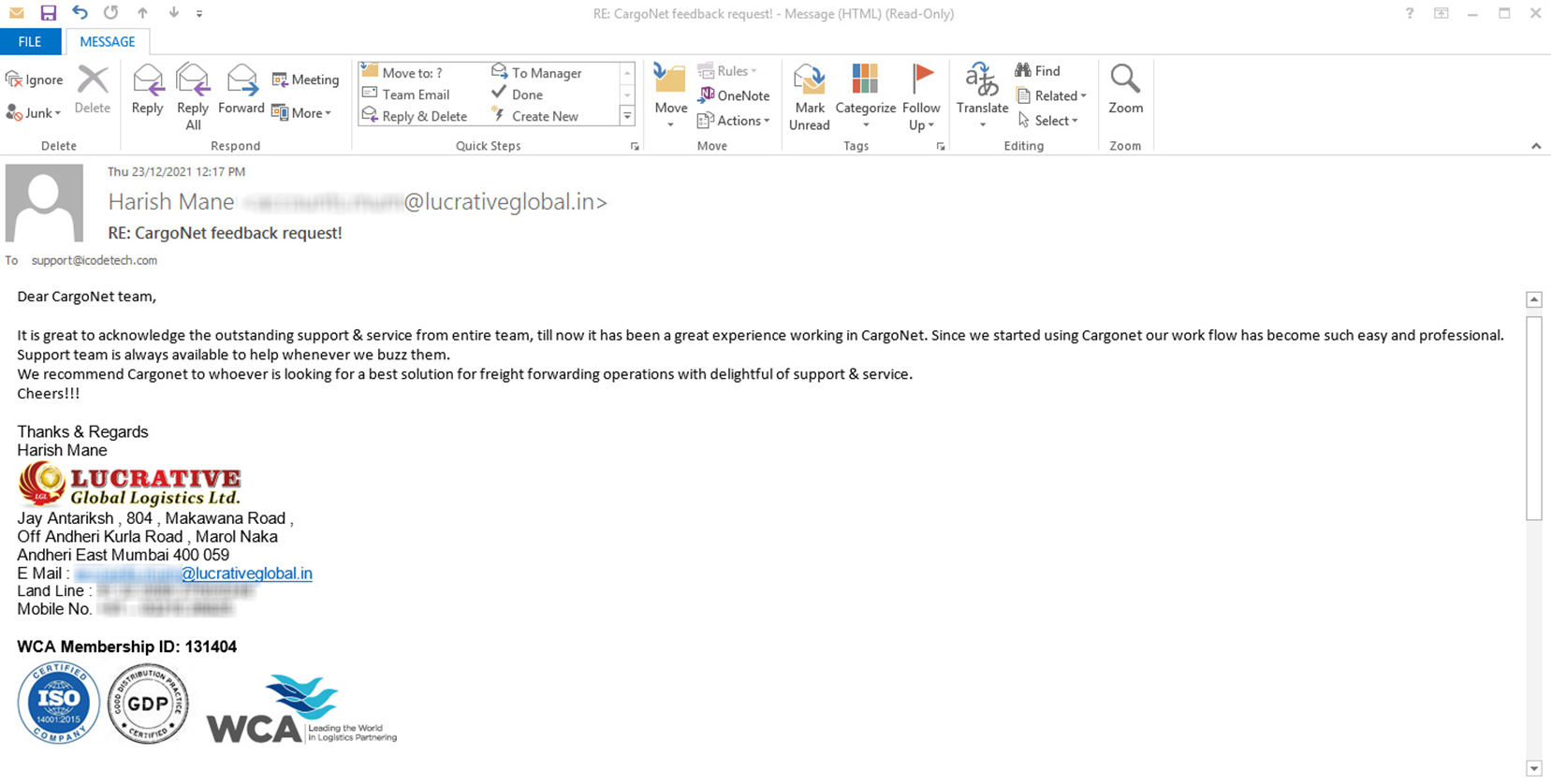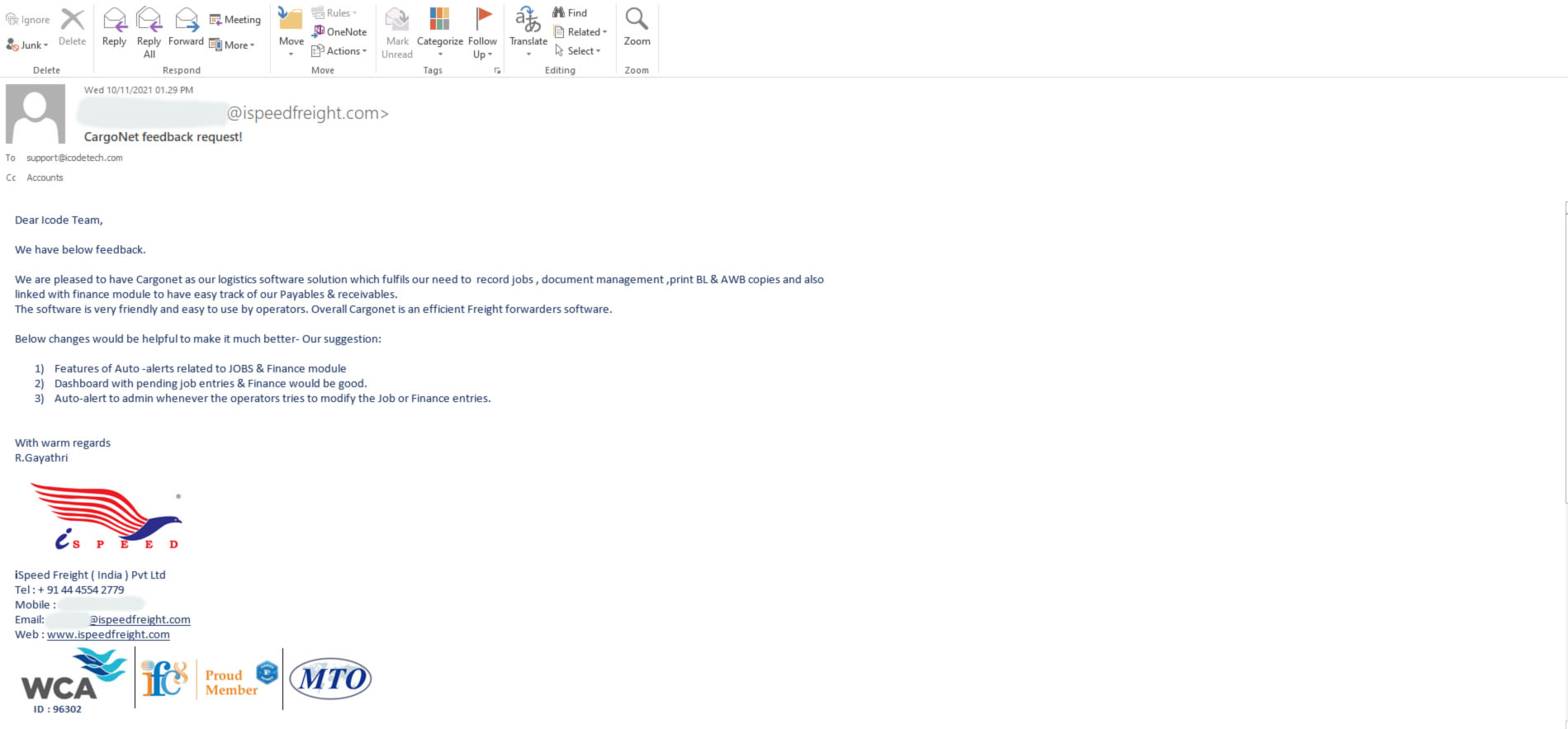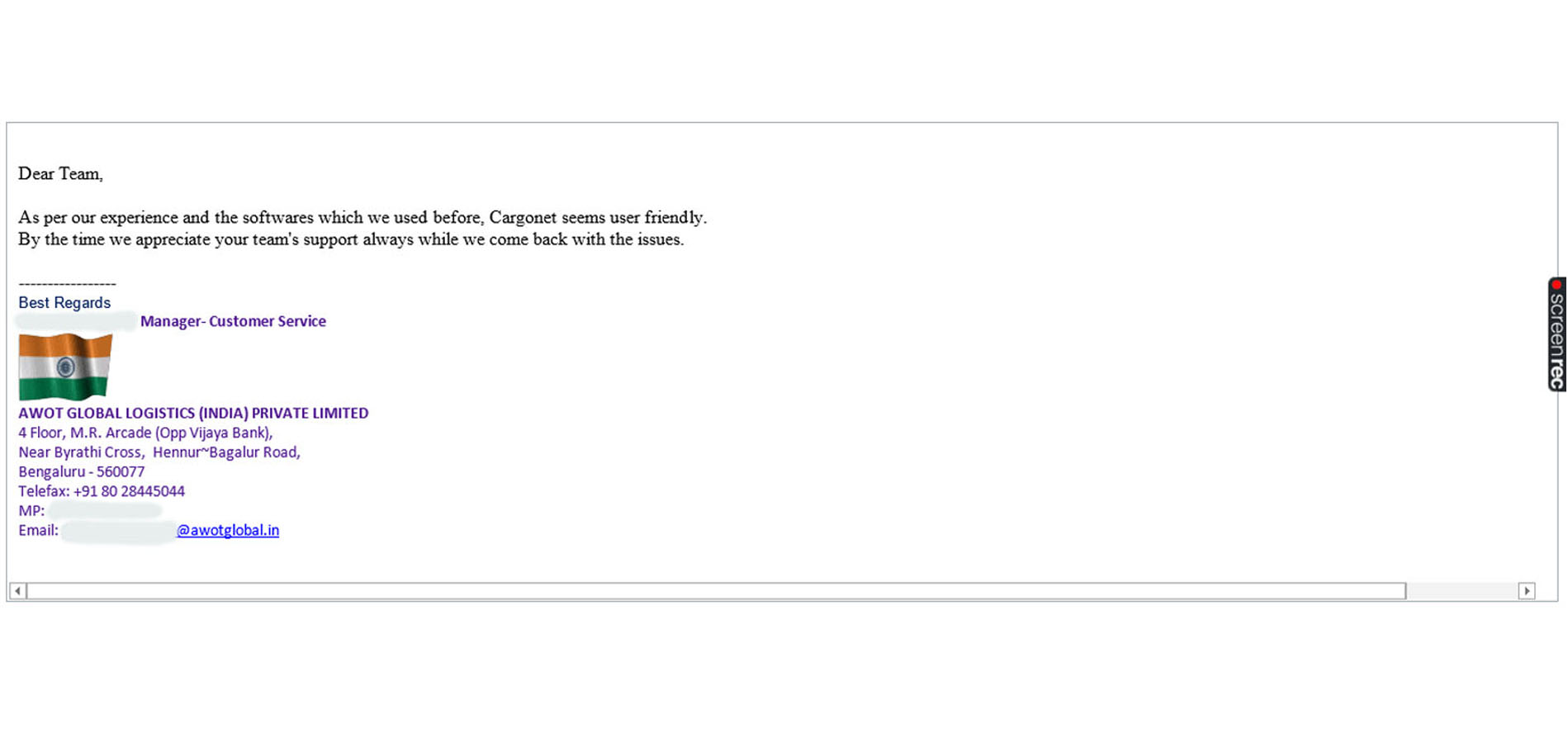In international trade and logistics, the House Bill of Lading (HBL) plays a crucial role in documenting and tracking shipments. Exporters or manufacturers provide shipment instructions (SI) to freight forwarders, who then prepare the HBL. With AI-driven automation in CargoNet, this process is now more efficient, accurate, and streamlined.
The Growing Importance of AI in Freight Documentation
The Importance of the House Bill of Lading (HBL)
- -A receipt of goods: Confirms the exporter has handed over the cargo to the forwarder.
- -A contract of carriage: Establishes terms between the shipper and the carrier.
- -A document of title: Facilitates ownership transfer of the goods.
- Benchmark air freight rates to stay competitive and responsive to market shifts.
The Role of Shipment Instructions in House Bill of Lading Preparation
- -Shipper and consignee information – Identifies the sender and recipient of the shipment.
- -Cargo details – Includes product descriptions, quantities, weights, and dimensions.
- -Invoice details – Provides transaction information between the exporter and consignee.
- -Packing list information – Breaks down packaging types, sizes, and quantities.
- -Freight charges and terms – Outlines payment terms and incoterms.
AI-Powered Document Processing in CargoNet
1. Intelligent Data Extraction
2. Automated Data Validation
- -Accuracy in cargo descriptions, quantities, and weights.
- -Consistency between the invoice and packing list.
- -Compliance with regulatory and shipping requirements.
3. AI-Based Error Detection and Correction
- -Mismatched consignee details – Ensuring the shipper’s information aligns with the consignee.
- -Incorrect cargo descriptions – Verifying product details match across documents.
- -Missing or duplicated data – Detecting missing fields or duplicate entries.
Drafting and Approval of the House Bill of Lading
- -All extracted and verified SI details.
- -Adjustments based on detected errors and corrections.
- -A structured format that aligns with industry standards.
4. Document Approval and Customs Filing
- -Faster processing and reduced paperwork.
- -Compliance with regulatory requirements.
- -Seamless integration with customs authorities.
Benefits of AI-Powered HBL Preparation
- -Faster processing –Reduces manual data entry efforts, speeding up HBL creation.
- -Minimized errors – Automated validation detects inconsistencies early in the process.
- -Compliance assurance –Ensures SI aligns with shipping and regulatory requirements.
- -Operational efficiency – Streamlines logistics documentation for seamless cargo movement.
- -Reduced labor costs – Lowers reliance on manual data entry and verification teams.
Enhancing Logistics Operations with CargoNet
Seamless Integration with Freight Management
- -Automated customs filing – Ensures compliance with international trade regulations.
- -Real-time shipment tracking – Provides visibility into cargo movement.
- -Billing and invoicing –Aligns freight charges with SI and HBL details.
Get Started with CargoNet
CargoNet’s AI-powered freight solutions enhance efficiency in logistics and documentation. If you’re looking to optimize your shipping operations, request a quote today and experience the future of AI-driven freight management.
Conclusion
The AI-driven preparation of the House Bill of Lading in CargoNet simplifies logistics documentation, ensuring error-free and efficient processing. By leveraging shipment instructions and automated validation, exporters and freight forwarders can streamline operations and enhance shipping accuracy. With AI-driven solutions, the future of logistics documentation is faster, smarter, and more reliable.

